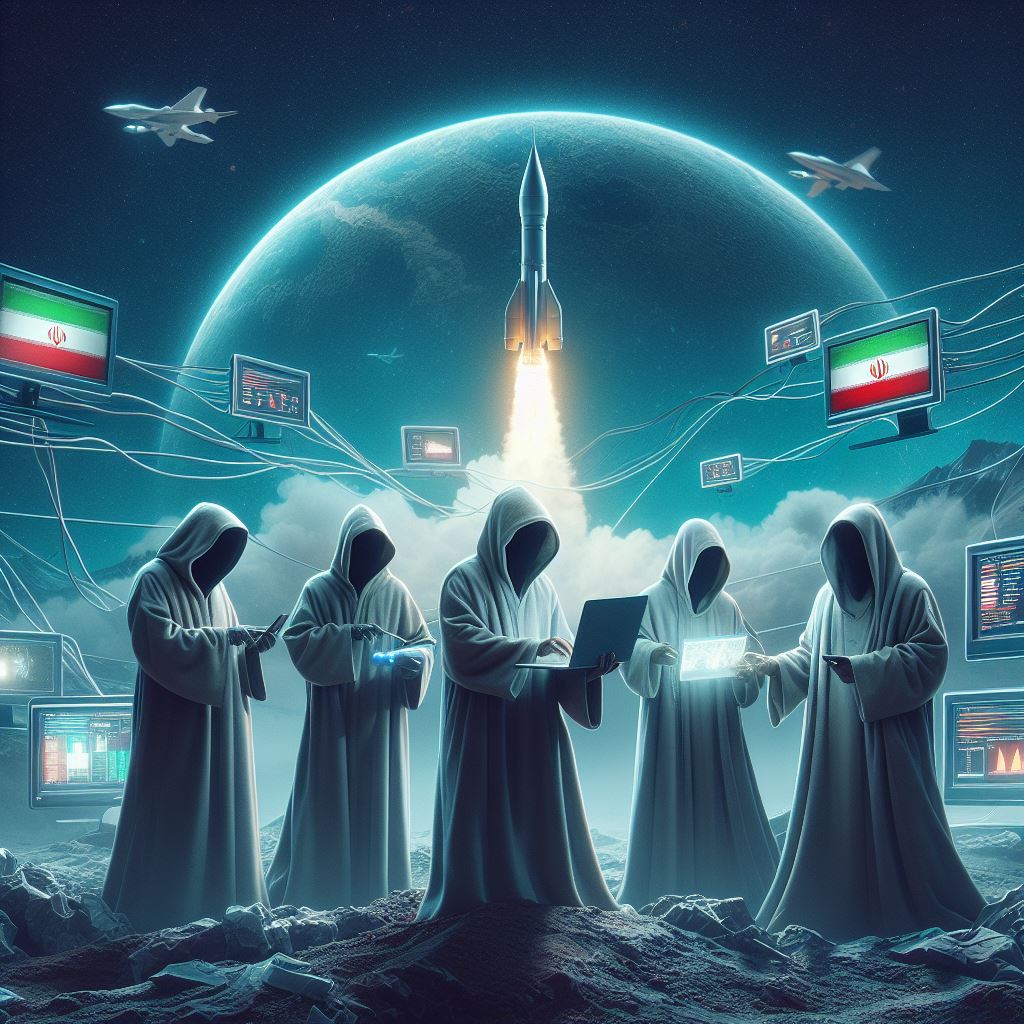
In a recent cyber-incident, Iranian state-backed hackers orchestrated a sophisticated disruption of television streaming services in the United Arab Emirates (UAE). Analysts at Microsoft uncovered the nefarious scheme, revealing that the hackers leveraged deepfake technology to disseminate a fabricated news report on the conflict in Gaza.
The tech giant disclosed that the hacking operation, attributed to the Islamic Revolutionary Guards—an influential branch of the Iranian armed forces—targeted streaming platforms in the UAE. Under the guise of a news broadcast titled "For Humanity," an AI-generated newsreader, or deepfake anchor, delivered a deceptive report laden with unverified images purportedly depicting casualties from Israeli military actions in Gaza.
Dubai residents utilizing HK1RBOXX set-top boxes experienced interruptions in December, as their streaming services were infiltrated by the hackers. Upon intrusion, viewers were greeted with a message asserting the necessity of the hack to convey a message, followed by the AI-generated anchor presenting distressing visuals alongside a ticker tallying the casualties in Gaza.
The cyber-attack extended beyond the UAE, affecting viewers in Canada and the UK. Although channels like the BBC were impacted, the BBC itself was not directly hacked.
Microsoft underscored the significance of this operation, emphasizing that it marked the first instance where AI played a pivotal role in an Iranian influence campaign. This event underscores the expanding scope and sophistication of Iranian cyber operations, particularly amidst the Israel-Hamas conflict.
The rise of generative AI technology has facilitated the proliferation of deepfake content online, posing concerns about its potential exploitation in various contexts, including electoral interference. With the 2024 US presidential election on the horizon, experts caution that AI-generated disinformation could be weaponized at scale, echoing Iran's past attempts to manipulate public opinion during the 2020 election cycle.
Microsoft further revealed that Iranian state-backed actors have engaged in a series of cyber-attacks and disinformation campaigns since the onset of the Israel-Hamas conflict in October. These tactics encompass a range of nefarious activities, including exaggerating cyber-attack impacts, leaking sensitive data, and targeting entities supportive of Israel, such as Bahrain—a key signatory to the Abraham Accords.
As geopolitical tensions persist and technological advancements continue to evolve, the threat posed by state-sponsored cyber-attacks and disinformation campaigns remains a pressing concern for global cybersecurity efforts.